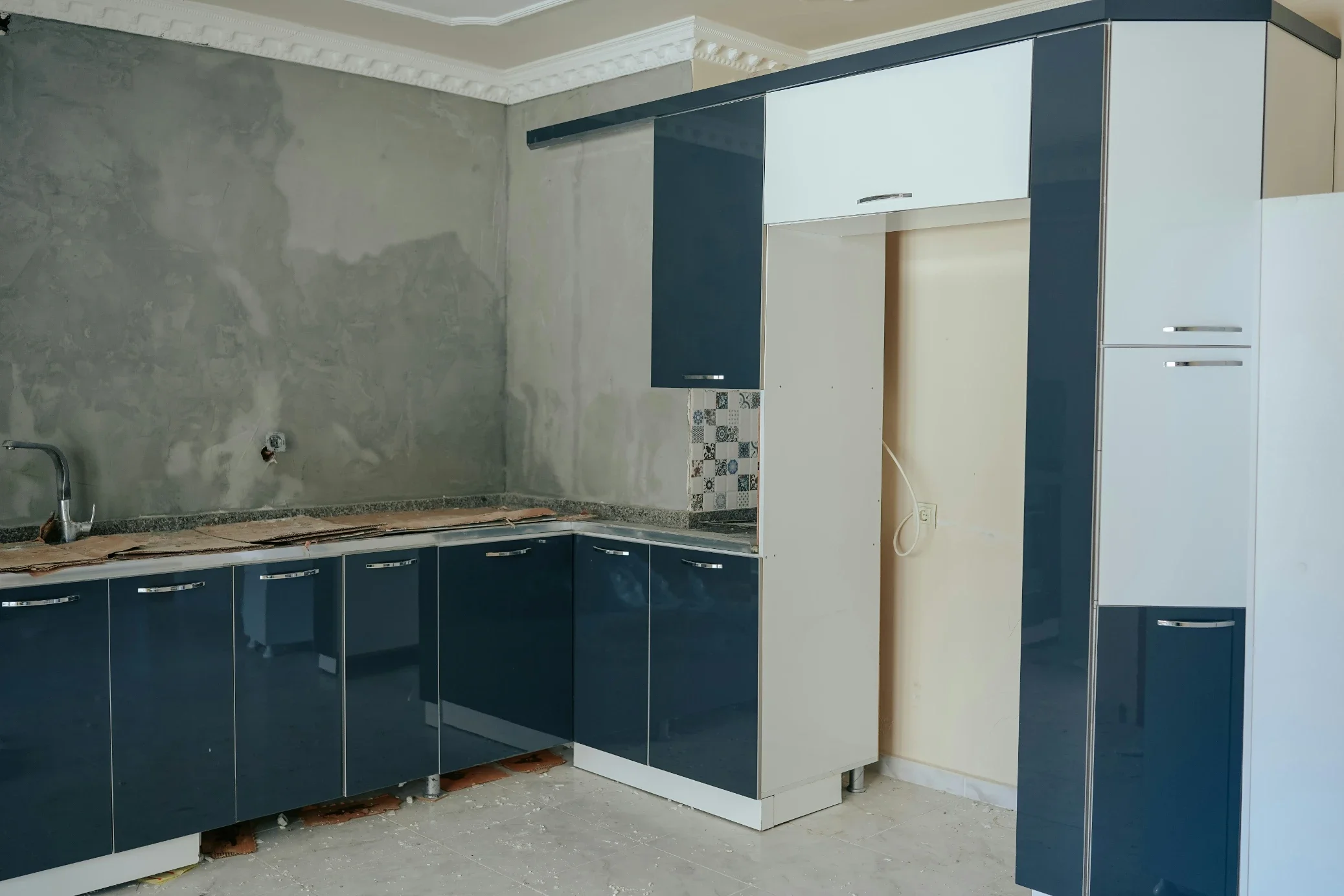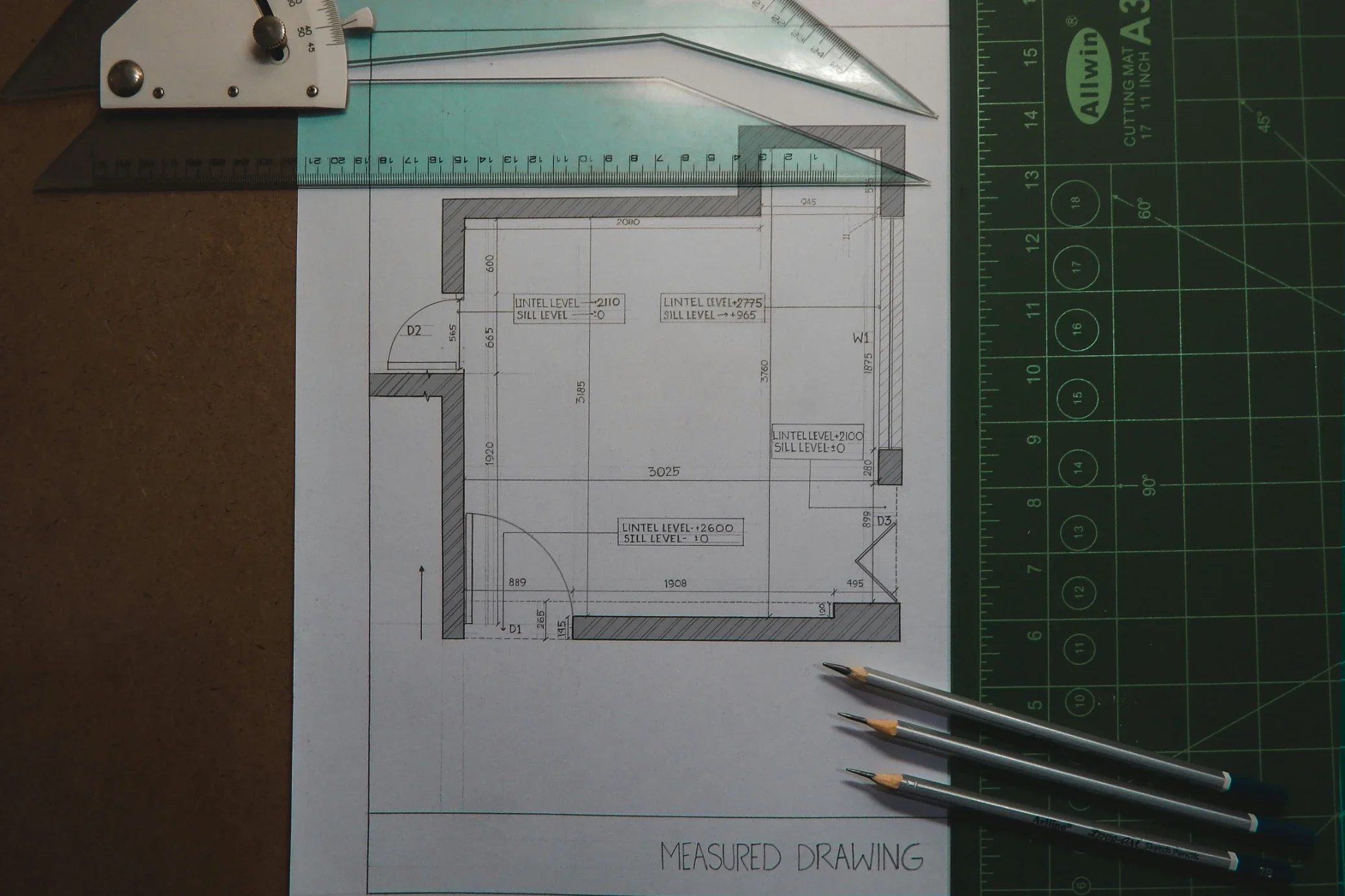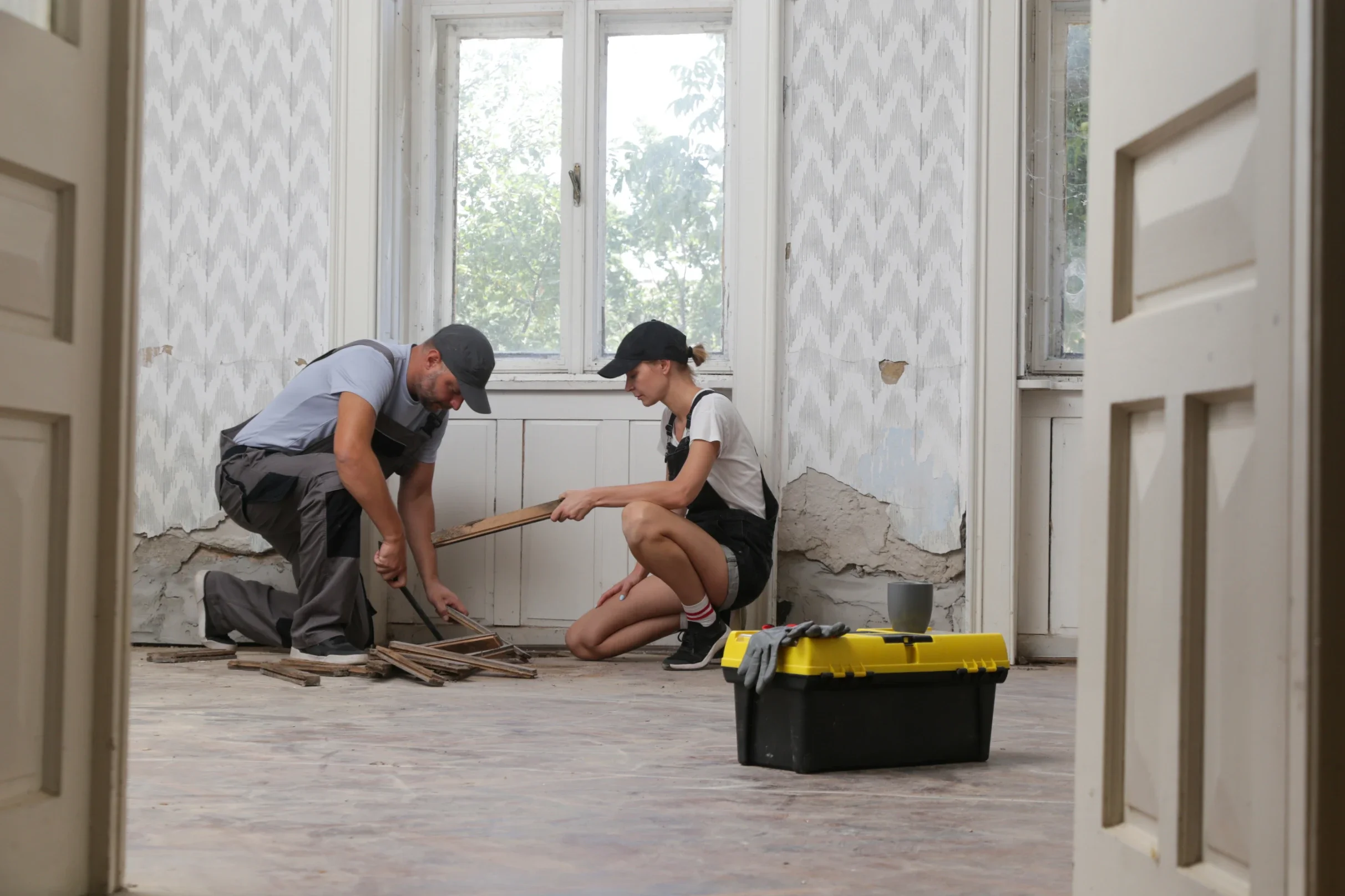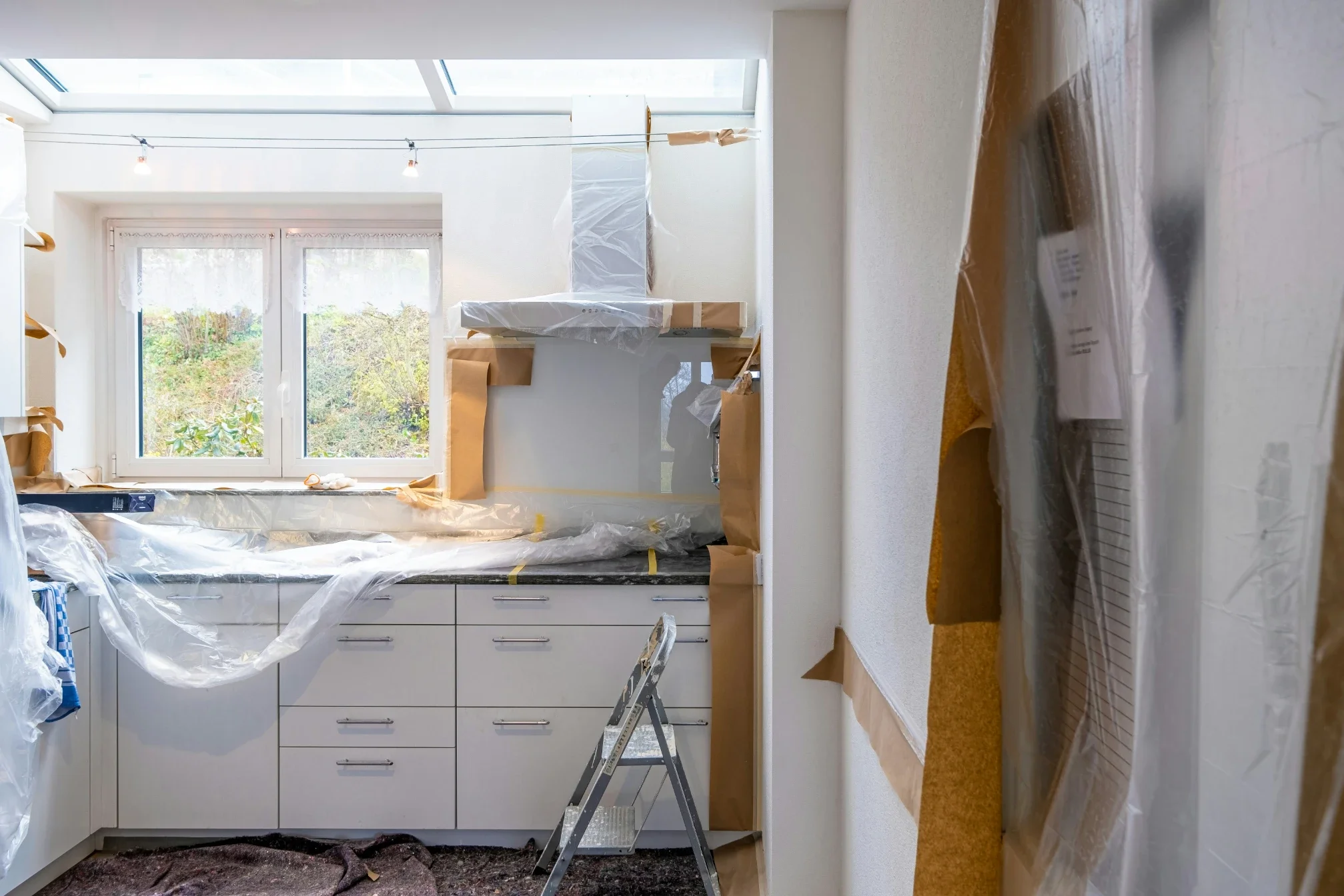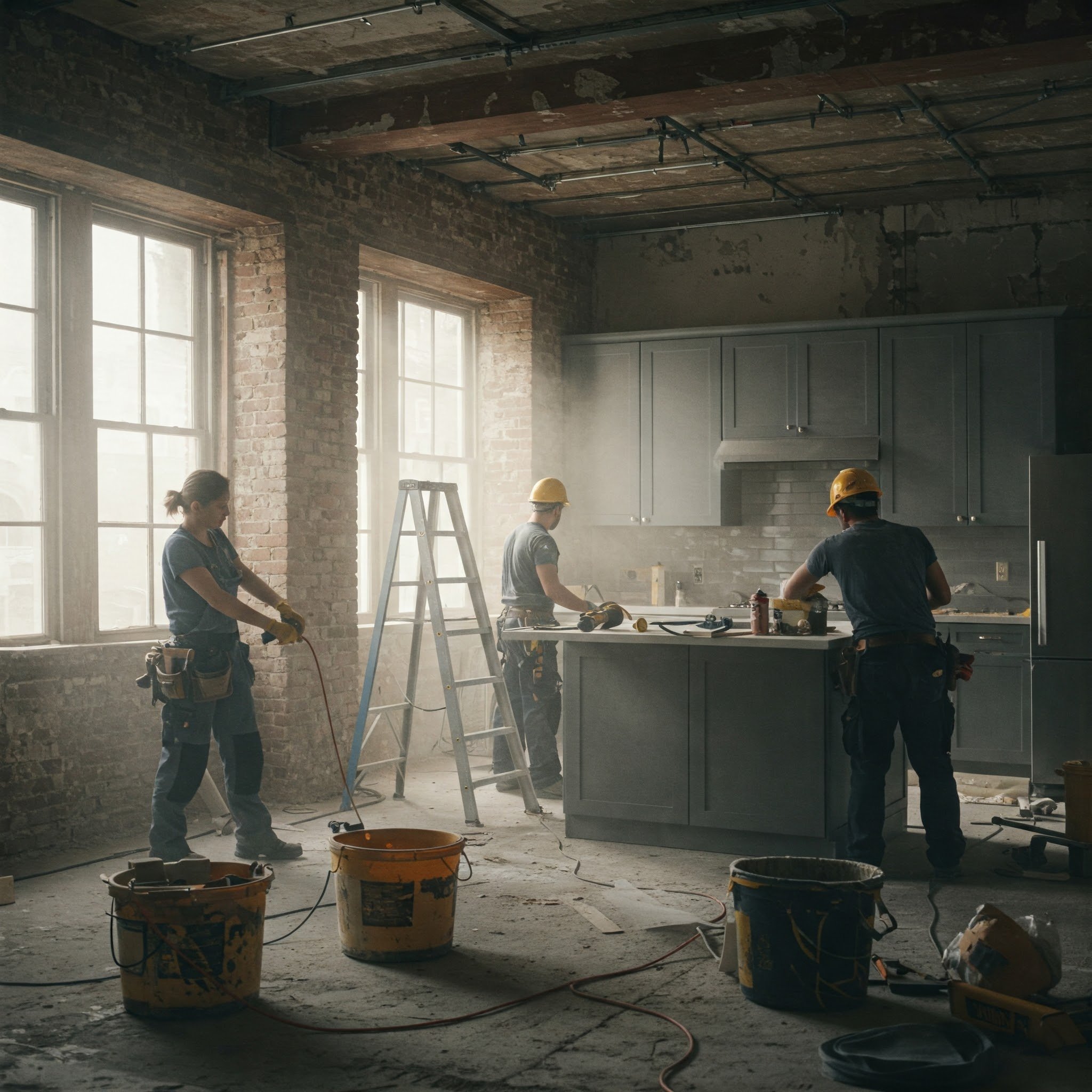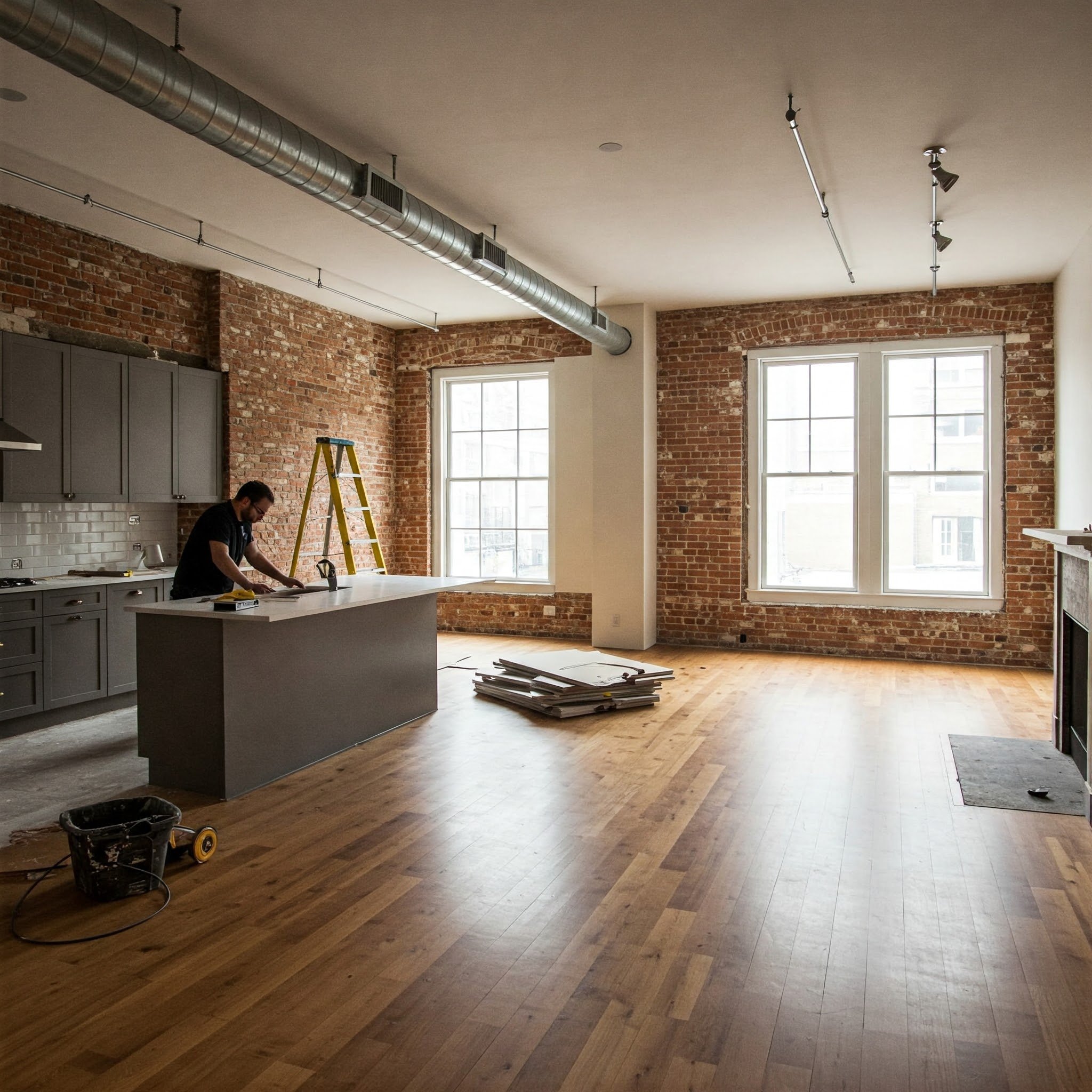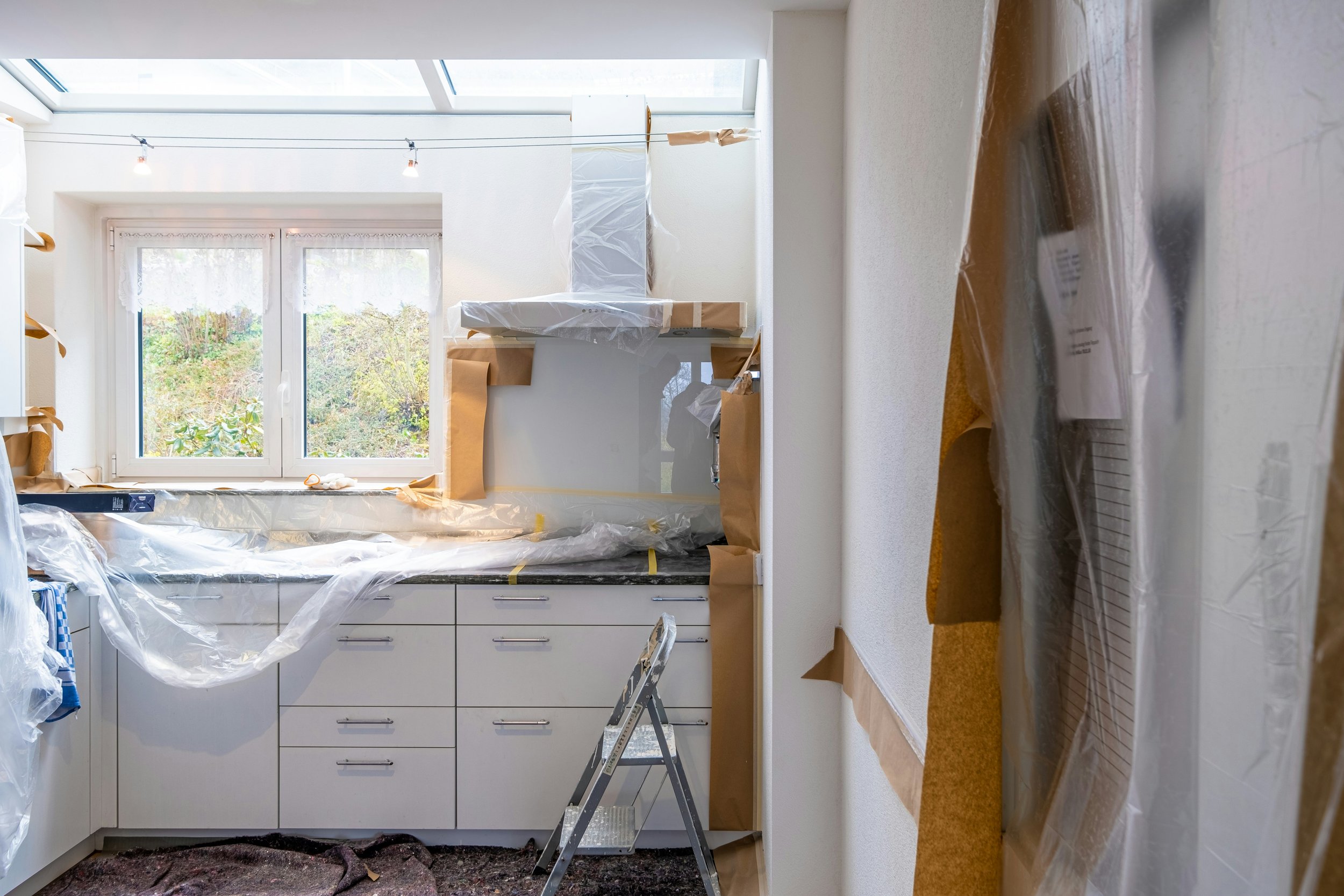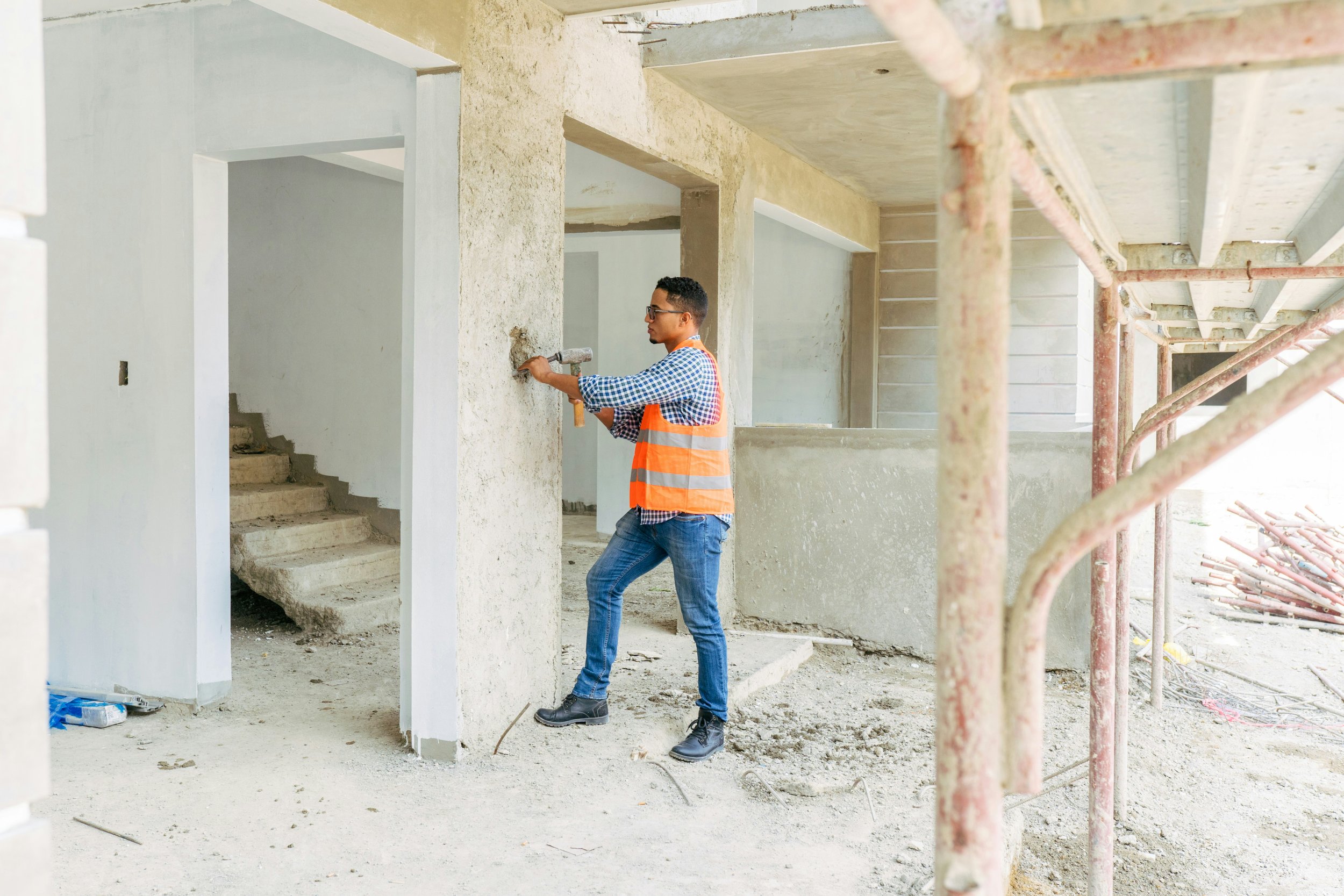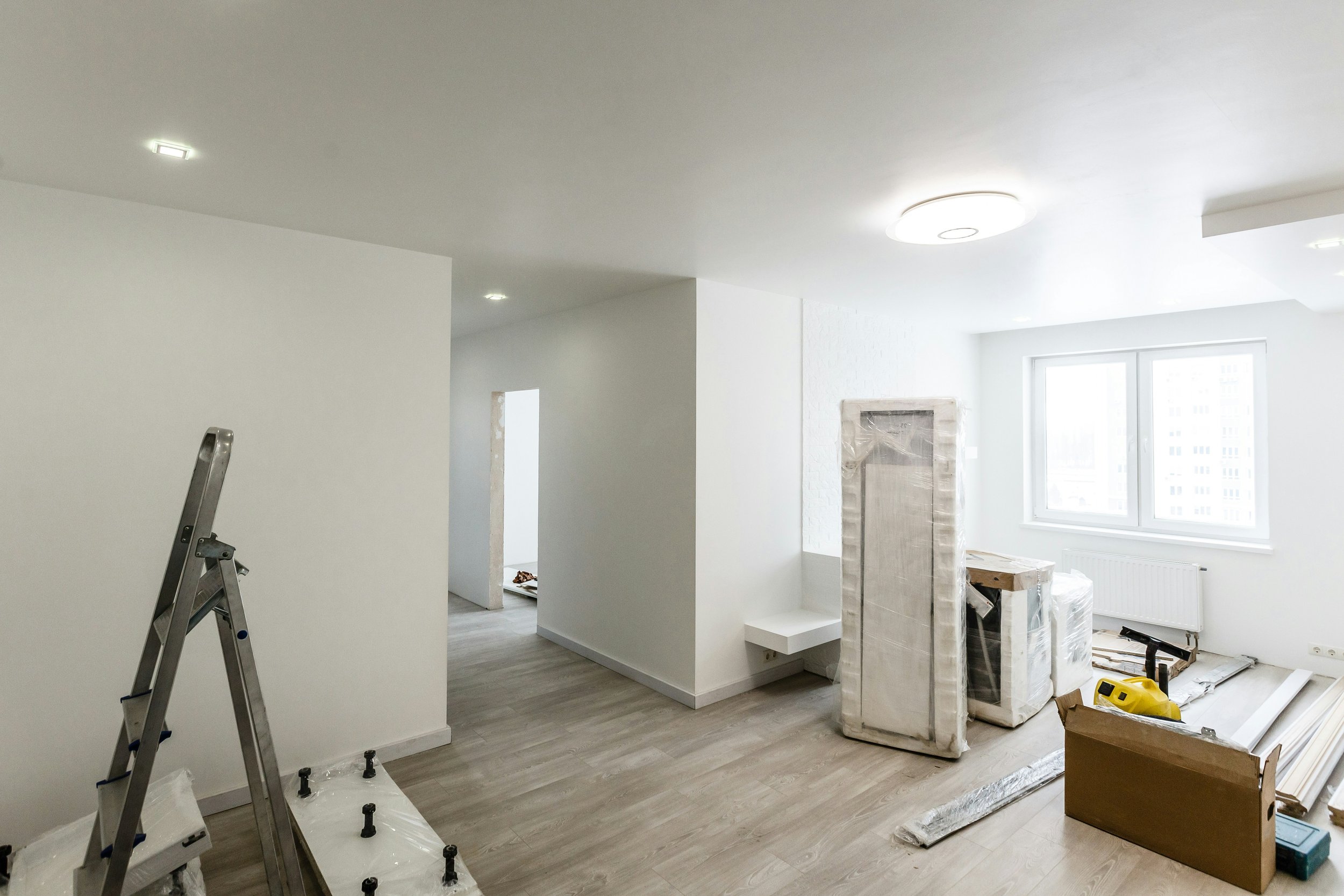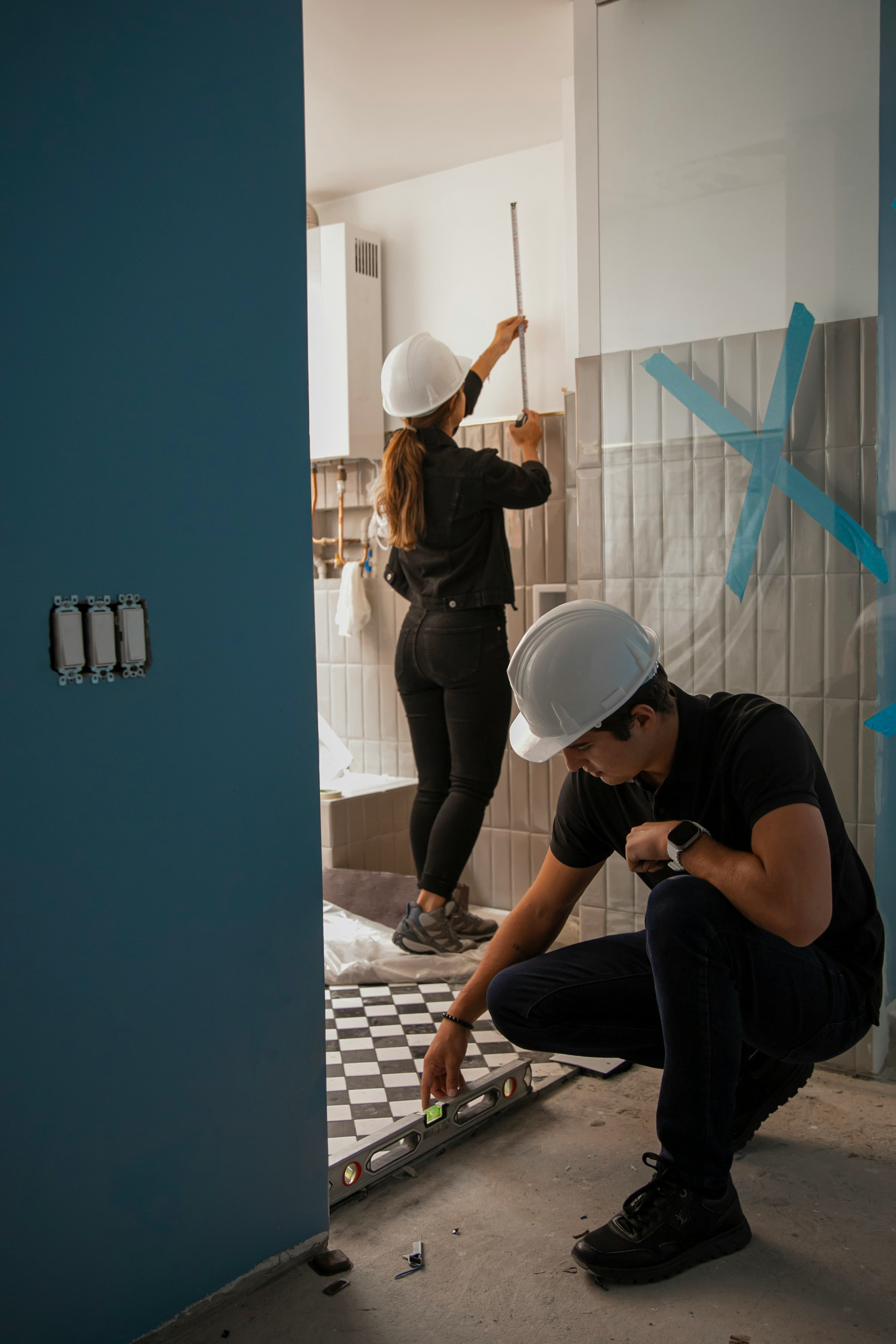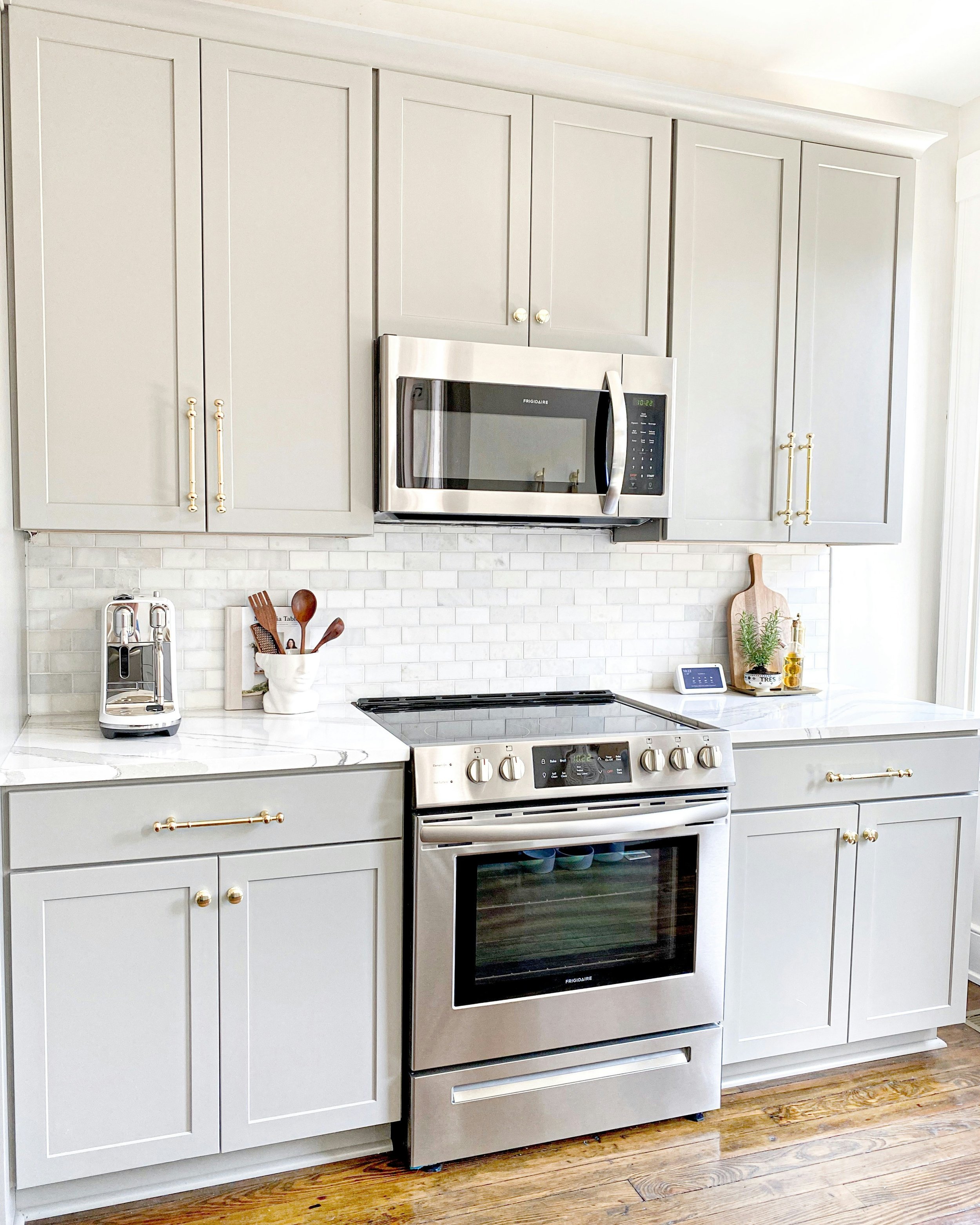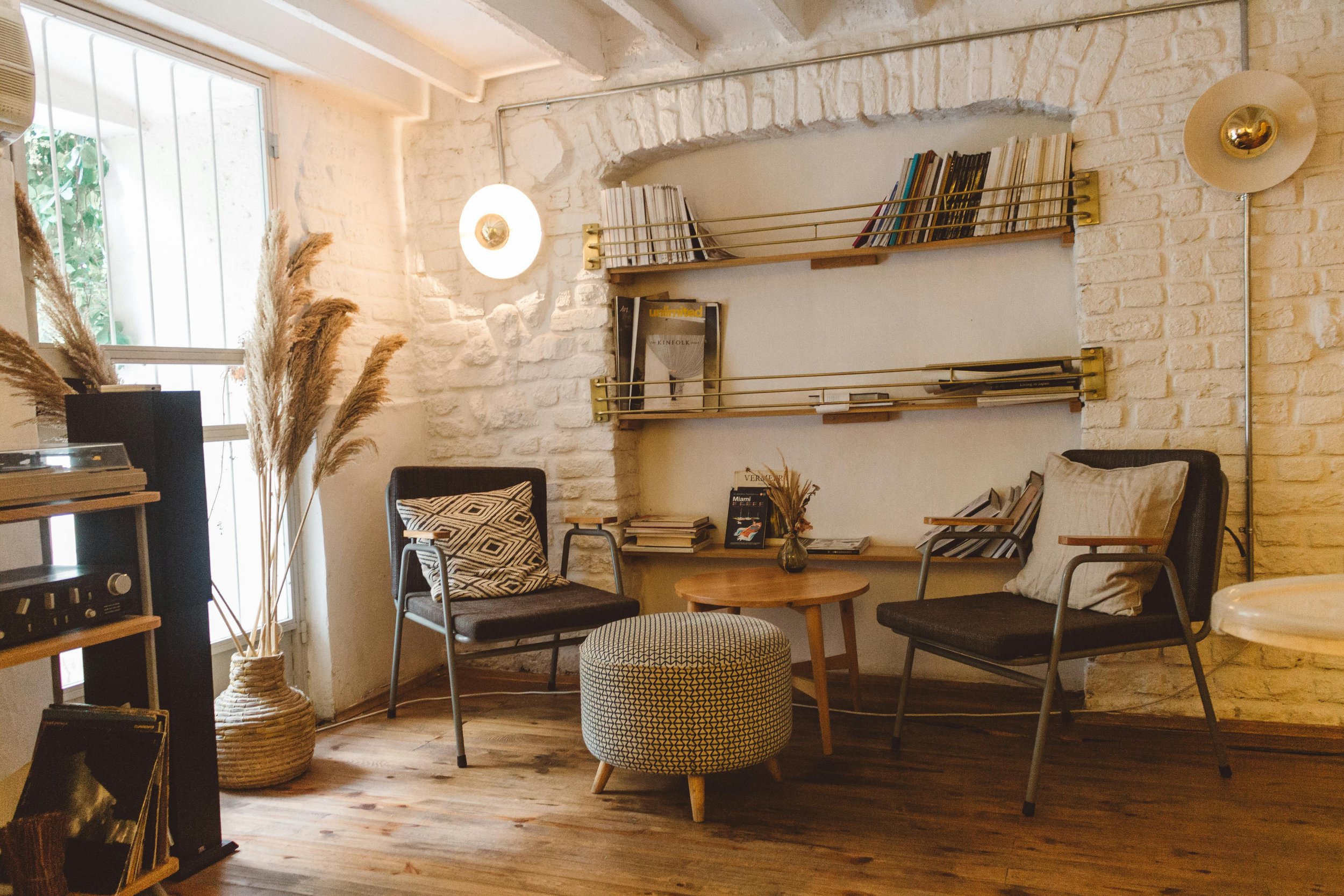6 Must-Follow Tips Before Renovating a House
Planning a home renovation? Follow these 6 essential tips to avoid costly mistakes and ensure a smooth, successful remodeling project from start to finish.
Renovating a house feels like a fresh start. Whether you're updating a single room or transforming the entire space, the journey begins well before any walls come down or new fixtures go up. What many homeowners miss is that the real work starts with thoughtful preparation. Skipping the early steps can cost you more than just time. It can derail your renovation entirely.
From selecting the right contractor to making sure your home can handle the upgrades you have in mind, early planning shapes the success of your project. And while it’s tempting to jump straight into picking out tiles or paint colors, laying the right groundwork is where the magic happens.
Ready to make your home improvement project smooth, safe, and stress-free? Make sure you are starting on solid ground, not just good intentions.
6 Must-Follow Tips Before Renovating a House
1. Clear Out Your Space
Renovation works best when there’s room to move literally. Trying to remodel around piles of furniture and forgotten items can slow things down and increase the risk of accidental damage. Before you start anything, focus on clearing the space so your contractors aren’t dodging clutter while trying to do their job.
Large items like mattresses tend to sit untouched in corners, yet they’re some of the biggest space hogs during a remodel. Instead of letting them get in the way, take care of them early on. One smart move is getting rid of an old mattress, especially if it’s no longer in good shape or needed. Clearing it out helps free up space and keeps the renovation site safe and functional.
Whether you choose to donate or recycle, starting with these larger pieces makes the rest of your renovation prep feel a whole lot lighter.
2. Set a Realistic Budget and Timeline
There’s a reason why so many renovation stories turn into cautionary tales. They start with excitement and end with drained bank accounts and missed deadlines. If you want your home upgrade to stay on track, your blueprint needs to include more than just floor plans. You need numbers and a calendar that match your real-life limits.
Budget planning is more than just picking a number. It’s about understanding the true cost of materials, labor, and surprise fixes. The smart move is to gather multiple cost estimates and build a cushion of 10 to 20 percent for those “just in case” moments that almost always pop up.
At the same time, map out a project timeline that includes everything from design inspiration and contractor research to final inspections. A clear plan helps avoid unnecessary delays and gives your contractors something to work toward.
With the right financial and time strategy in place, you’ll avoid common renovation mistakes and stay in control from start to finish.
3. Create a Temporary Living Plan During Renovation
When construction begins, your home can quickly start to feel less like a retreat and more like a work zone. From loud equipment to limited access to essential rooms, your usual routine might be turned completely upside down. That is why it is important to plan how and where you will live while the work is underway.
If your renovation affects the kitchen, bathroom, or multiple rooms at once, it may be worth staying with family or renting a nearby space. For smaller projects, you might be able to stay at home by setting up a temporary kitchen or relocating to another part of the house.
Families with children or pets should prepare a space where everyone can feel safe and comfortable. A simple setup with the basics can make daily life easier during construction. With the right plan in place, you can keep your household running smoothly even while your home gets a major upgrade.
4. Protect Your Valuables
Renovation dust has a sneaky way of finding its way into every corner, no matter how careful your crew is. Before the first tool comes out, take the time to secure anything valuable that you would not want covered in dust or accidentally damaged.
Think beyond just expensive items. Family photos, inherited keepsakes, and even everyday electronics deserve a safe spot while work is in progress. The best approach is to pack these belongings and move them to a different room or off-site storage. For larger pieces that cannot be relocated, use thick blankets or plastic covers to shield them from debris.
Documents, laptops, or any sensitive equipment should be stored in locked drawers or portable safes to prevent any mishandling. A little extra care at the beginning helps you avoid regrets later. While the focus is on transforming your home, it is just as important to protect the things that make it yours.
5. Review and Secure Necessary Permits
No matter how exciting your renovation plans may be, skipping the paperwork can bring everything to a halt. Local building codes exist for a reason, and even smaller projects may require official approval before work begins.
Many homeowners believe that hiring a professional means the permit process is already handled. While contractors can assist, it is still your responsibility to understand what your city or county expects. A quick call or visit to your local building department can help clarify which permits you need based on your renovation scope.
Delays caused by missing permits are more common than you might think. In some cases, work might be stopped entirely or redone at your expense. Verifying your contractor’s licenses and asking about previous experience with similar permit requirements is a smart move that saves time and money.
Taking this step early ensures your project moves forward without legal roadblocks and gives you peace of mind throughout the renovation process.
6. Plan for Waste Disposal and Recycling
You might be focused on design inspiration and layout changes, but renovation waste has a way of stealing the spotlight if left unplanned. From scrap drywall to outdated fixtures, clutter can build up fast and interrupt progress if there’s no disposal strategy in place.
Start by considering what can be kept out of the landfill. Materials like wood, metal, and certain plastics can often be recycled or repurposed, which helps reduce waste and environmental strain. Setting aside space to sort debris as it’s generated will keep things manageable and organized throughout the project.
For items that still have life left in them, like old furniture or gently used appliances, look into donation pickup services. These can help move things out efficiently while supporting your community. Taking the time to prepare for cleanup makes the renovation process cleaner, safer, and far more efficient from start to finish.
Conclusion
Every great renovation starts long before the first wall comes down. It begins with thoughtful planning, a clear space, a solid budget, and a sharp eye on details that many overlook. From removing that old mattress to sorting permits and managing waste, each step you take now sets the tone for the transformation ahead.
When you prepare with care, you create space not just for new walls and flooring, but for peace of mind. The process becomes less about scrambling and more about building with purpose. With the groundwork in place, you can focus on bringing your vision to life without the stress.


